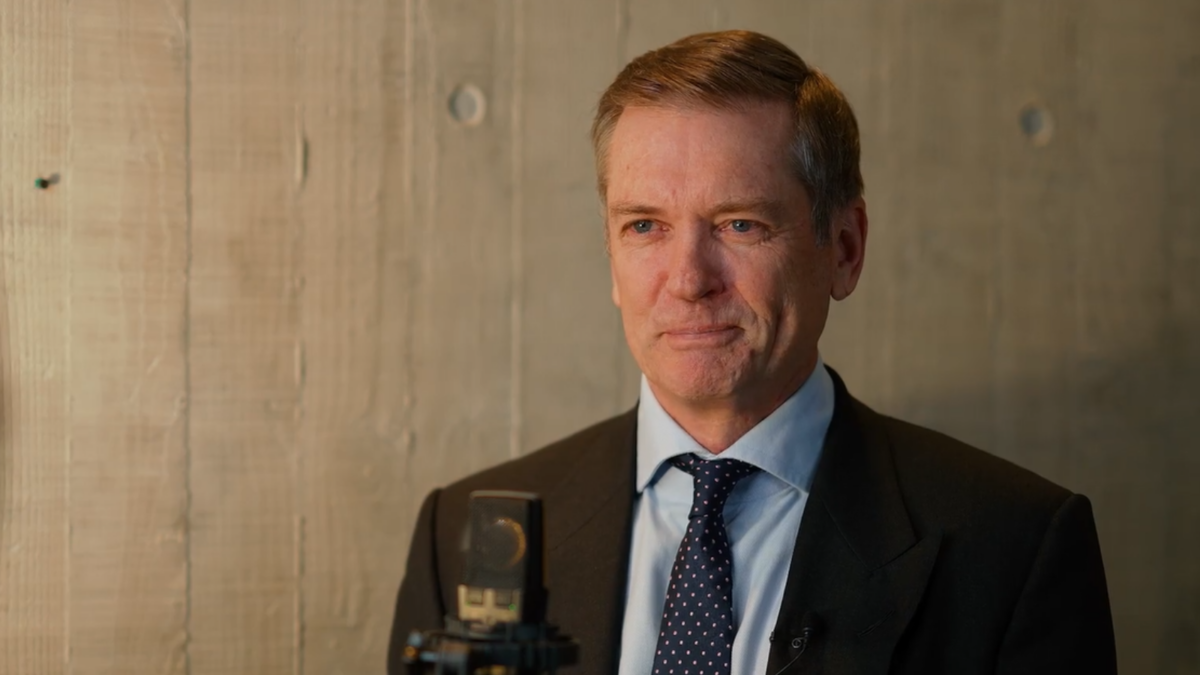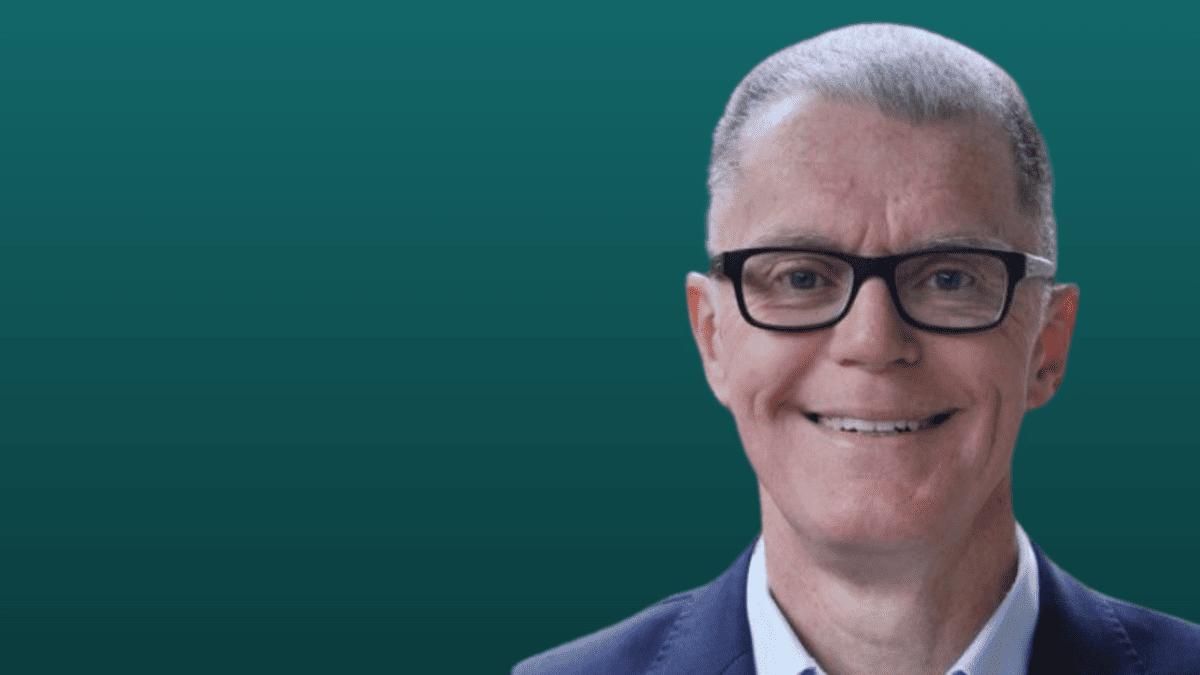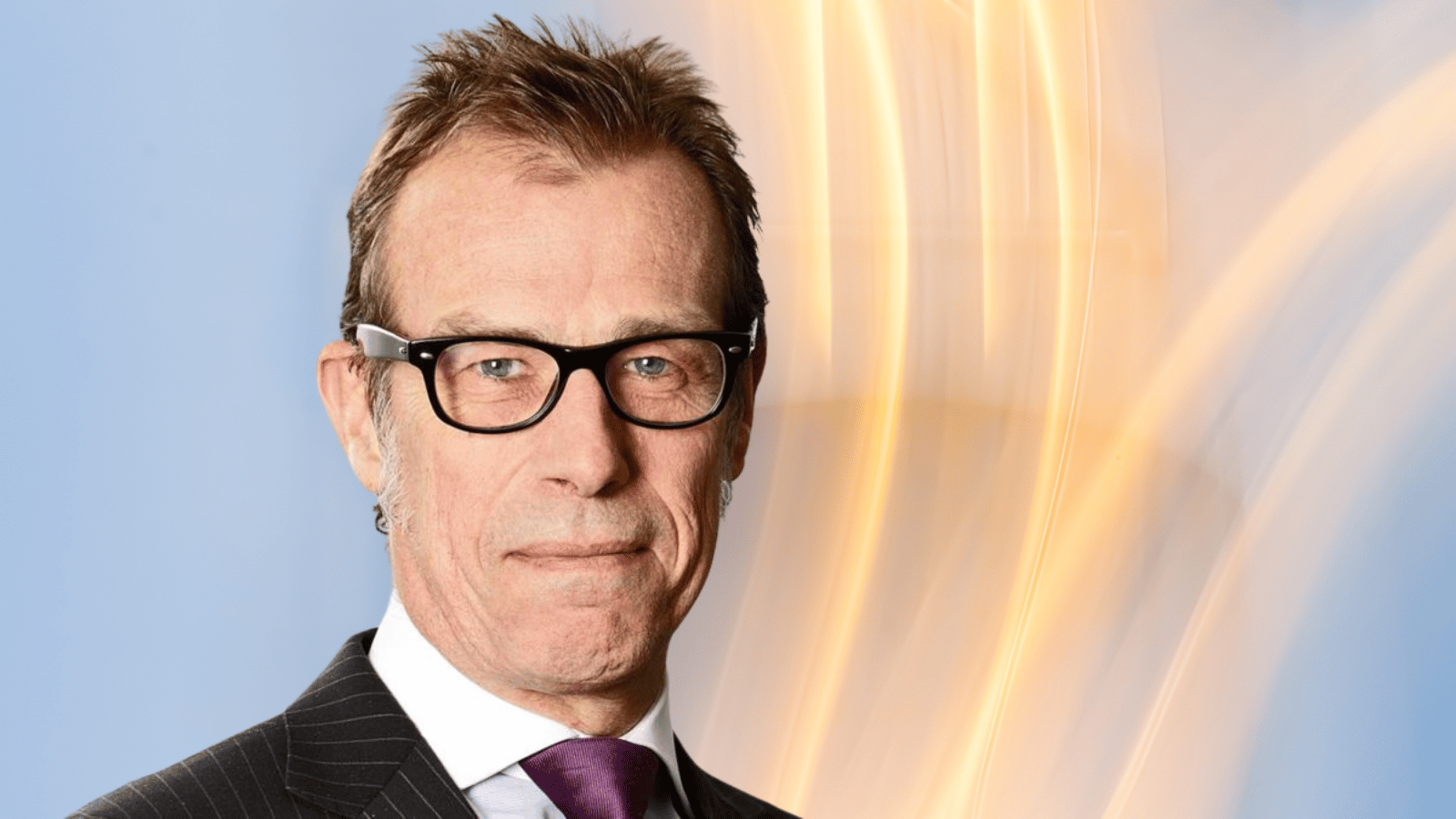Schroders: Build resilience and trust rather than waiting for a bout of good luck
Conflict, skyrocketing energy prices and declining equity markets riddled with fear and panic have led to an erosion in trust, creating stressed market conditions. Many believe conditions will revert back to days prior to the pandemic, but this may be unlikely.
In a research note titled, “Gradually, then suddenly“, Schroder’s head of Australian equities, Martin Conlon discusses how many are expecting the current stressed market conditions to simply revert to a pre-covid conditions. But the reality is the days of easy money are long gone.
“Many are expecting the current stressed market conditions – manifesting in skyrocketing European energy prices, stressed labour markets and increasing cross border tension – to revert quickly to the paradigm which has dominated markets over the past decade: easy money, low inflation, stable/rising profits and stable/rising asset prices,” Conlon said.
Yet the chances of the world simply reverting to normal are little to none, he explained.
“While this is a possible outcome, probable seems a stretch. We are all inclined to use recent history as the baseline for long-term forecasts, and the chart below on the composition of US inflation over the past decade explains why expectations see inflation reverting to the 2 per cent mark once this ‘nuisance’ period of higher inflation passes.”
Conlon considers trust as the fundamental ingredient to trade. He continues, “If there is trust, trade works. If trust is gone, it doesn’t”. The financial system has largely reflected this experience.
“The gradual erosion of integrity came to a head in 2008. Cardiac arrest was averted through shock therapy and has continued and grown ever since. The indirect consequences accumulate gradually, starkly evident in the separation between financial wealth and revenue (GDP) in the real economy.”
Rebuilding production
Making the switch to renewable energy is proving a lot harder than first thought. Lower renewable energy production, Russian gas reliance in Europe and declining gas availability in Australia are just some of the reasons why Conlon believes the world is still decades away from generating total carbon free energy.
“We are decades from transitioning to totally carbon free energy and failure to embrace gas as a vital step in the right direction in a very long run transition will be disastrous. As a contrarian, I’d hazard a guess the forecast revisions on population growth and prospects for Perth and W.A. may be a little brighter than anticipated relative to the east coast,” he said.
In the clean energy metals space, China dominance in the production chain has Conlon worried. He suspects inflation and disruption could a lot more prevalent.
“As the US and western powers seek to restrain China’s dominance through constraining access to technology, the challenge to replicate China’s prowess and cost effectiveness in processing and scale manufacturing will be vast,” Conlon added. “Again, this is part of the reason we suspect inflation and disruption may be more pervasive and enduring than currently anticipated.”
Australian business health and results
Conlon believes the value and long-term revenue potential of the Australian market is underpinned by the health of the marketplace it operates. His assessment of the health of equity markets was negative.
“Increased passive ‘free riders’ are eroding market pricing efficiency, reducing the number and quality of price setting in the market and justifying the move to privatise assets as misguided perceptions of volatility and risk overwhelm the obvious advantage of listed markets, which is readily available liquidity,” he said.
When assessing businesses by their long-term health, Conlon pointed out the strengths of Australia’s supermarkets giants, Woolworths and Coles, while advising investors to keep an eye on the theme of pricing for value.
“Companies with unexercised pricing power hold an extremely valuable asset. The more it is exercised, the more this asset is extinguished and turned into the threat of future competition,” he said.
Market outlook
According to Conlan, volatility and unpredictability have become a common theme that has laid bare the vast gap between financial asset valuations and the revenues supporting them. His preference is for cash generating companies that reinvest profit with an eye for the long term.
“The gradual erosion of trust leaves the global economy far more exposed to conflict and price shocks. Investors and companies should be seeking to build resilience rather than waiting and hoping for a return to calmer times.”











